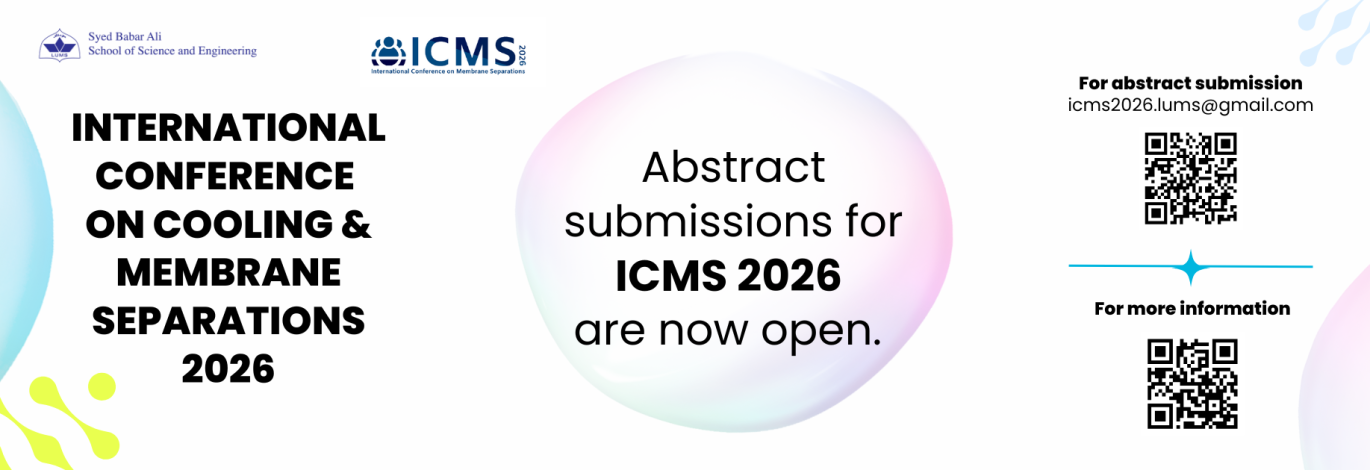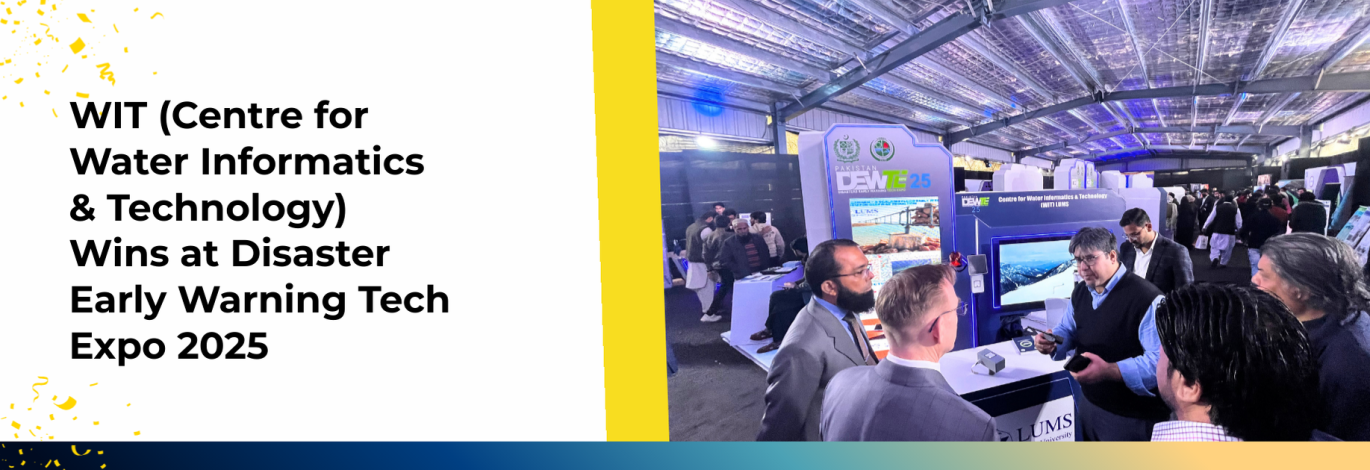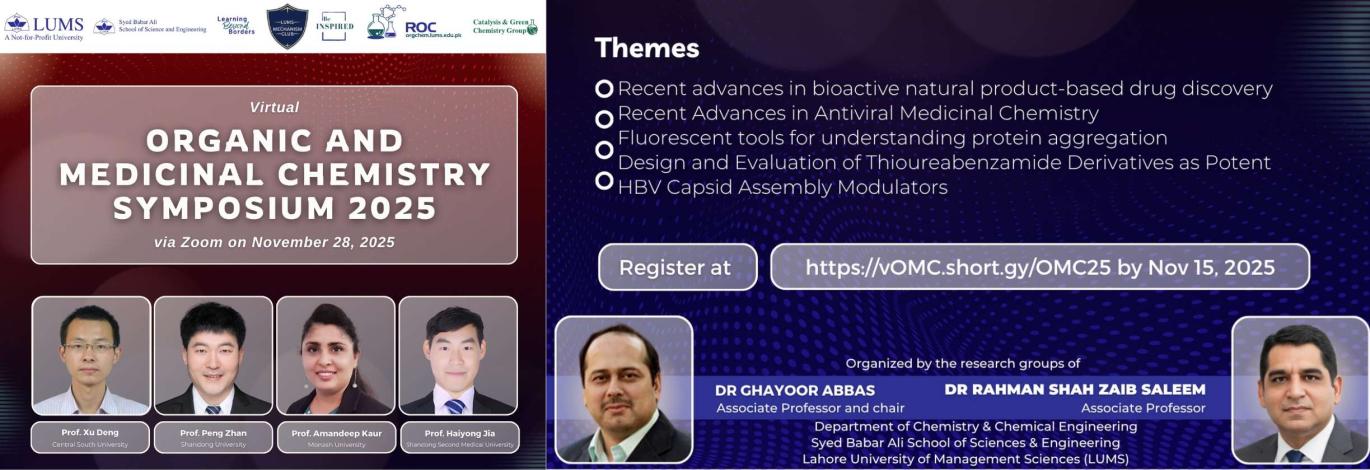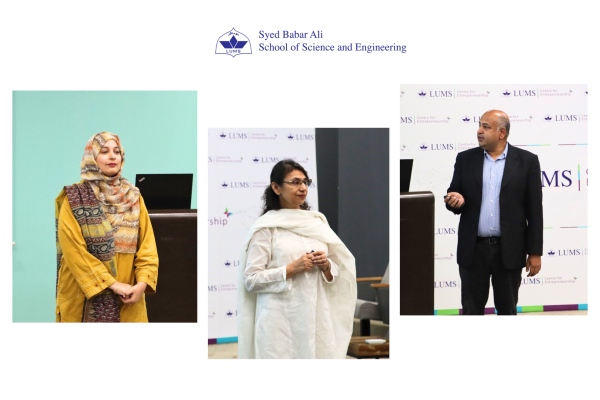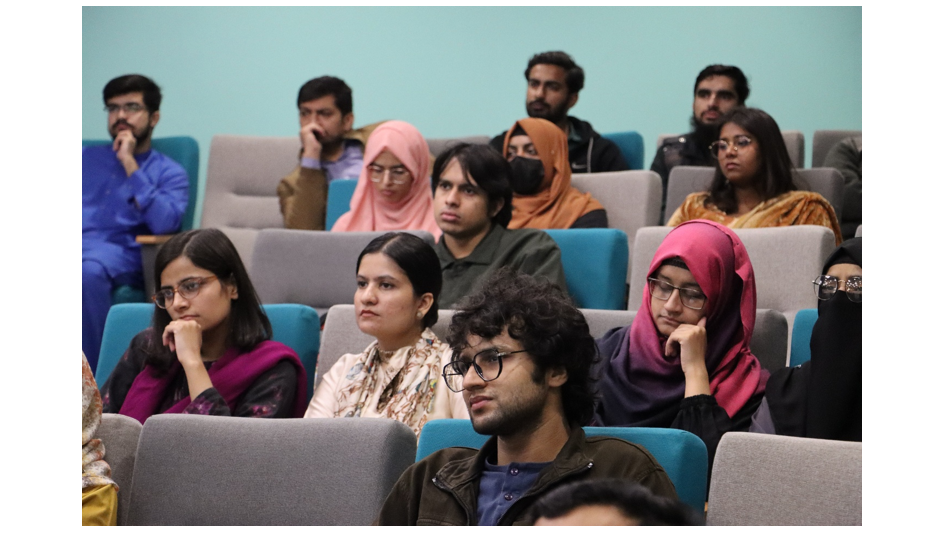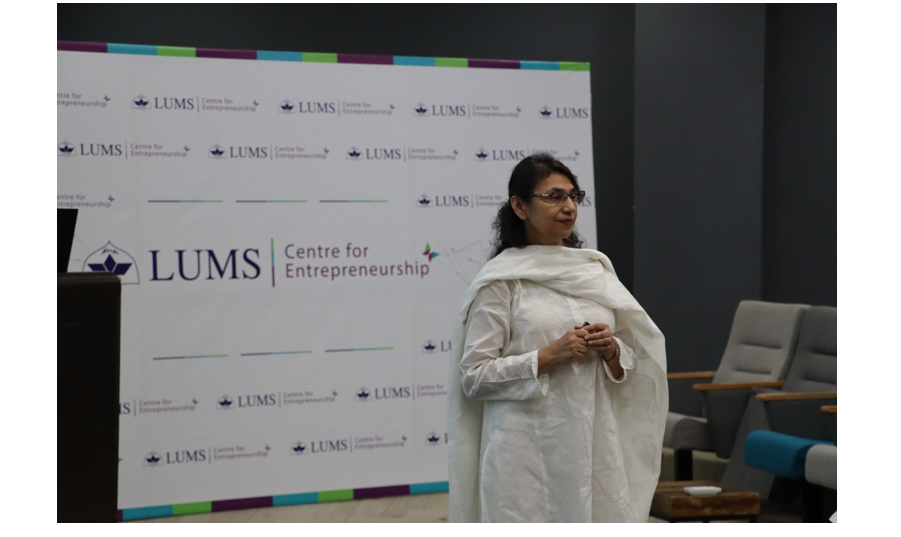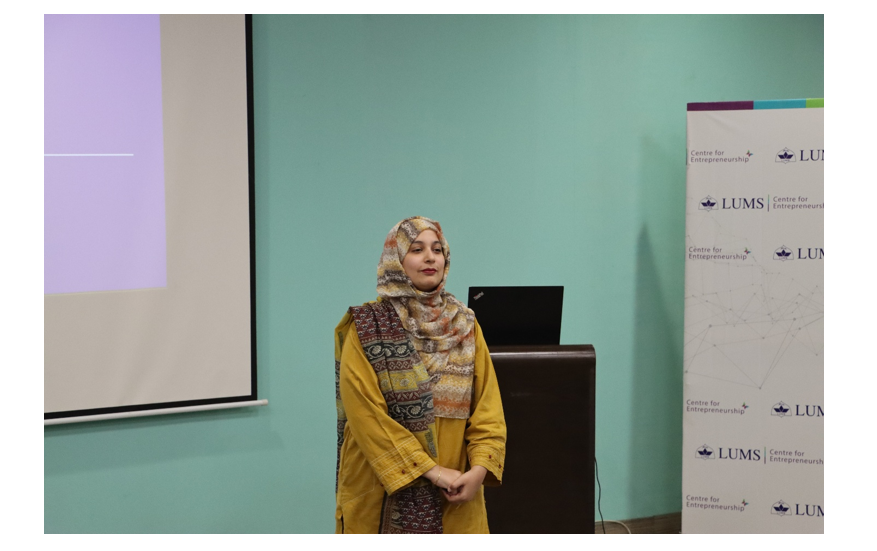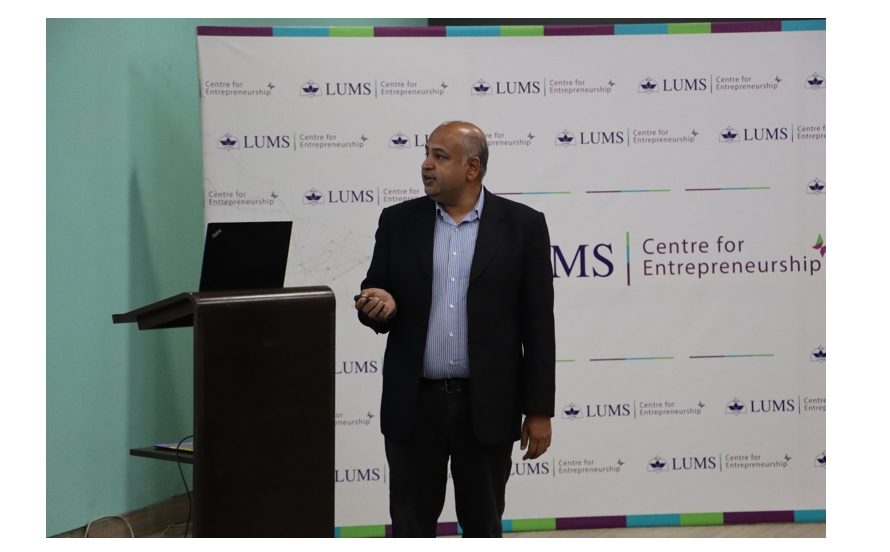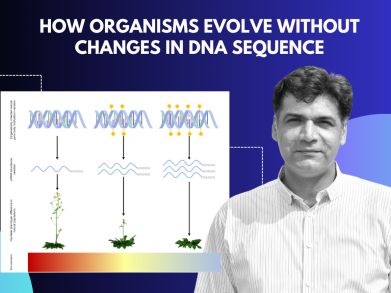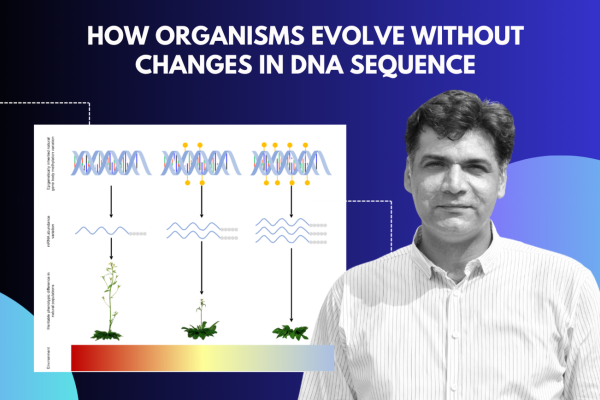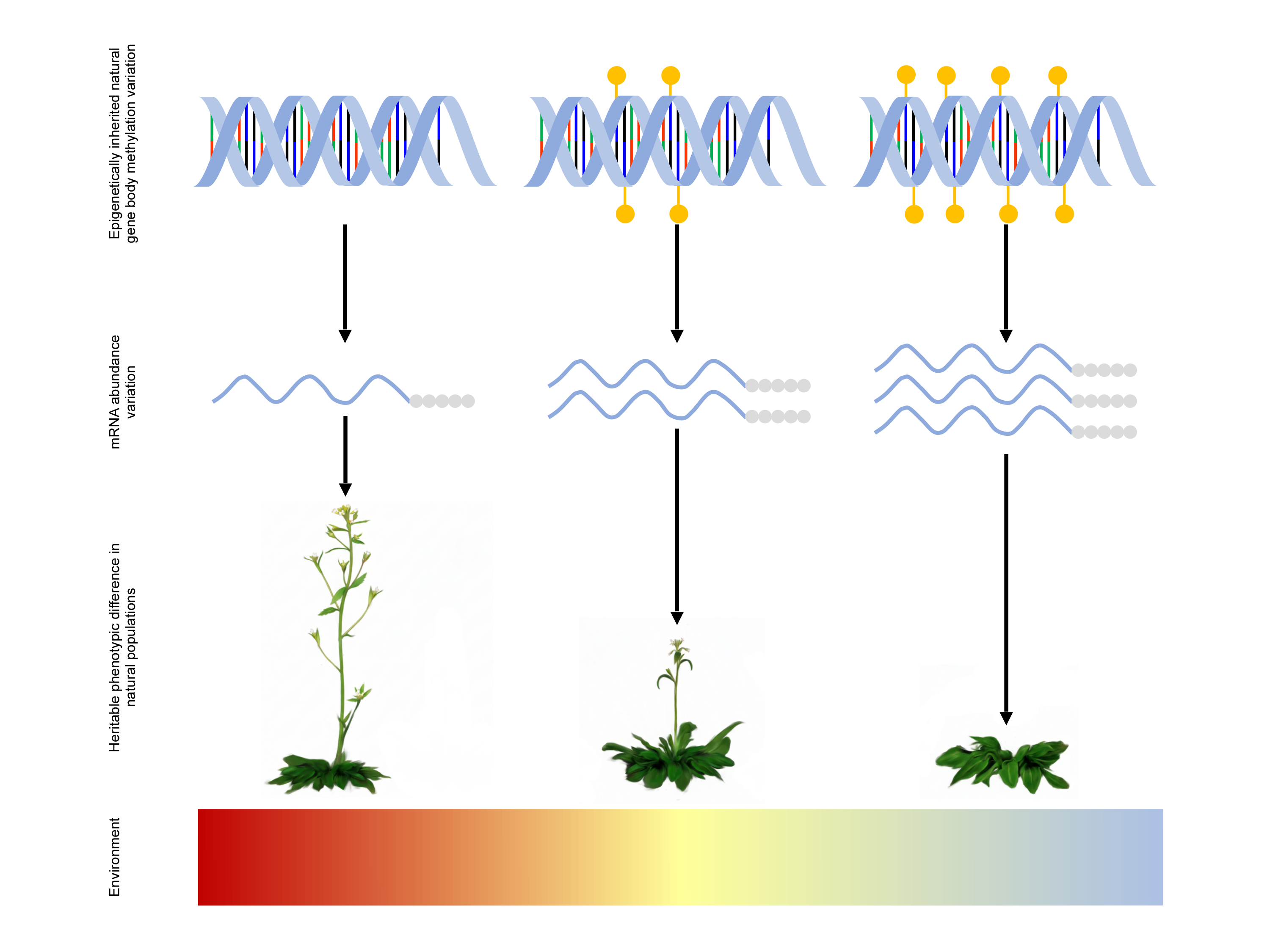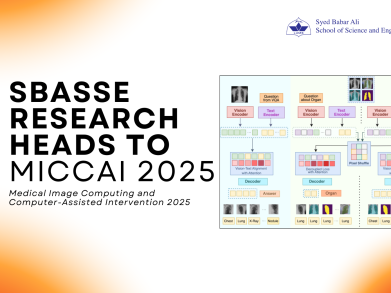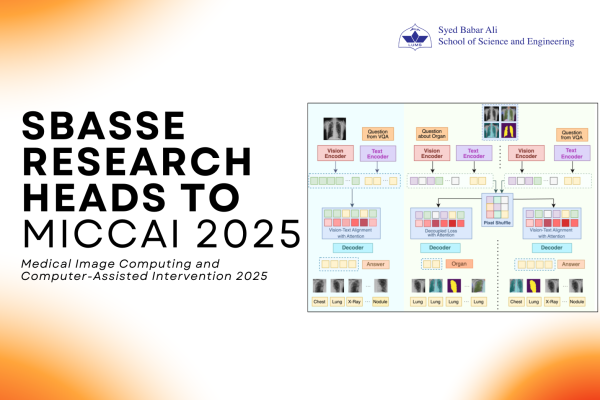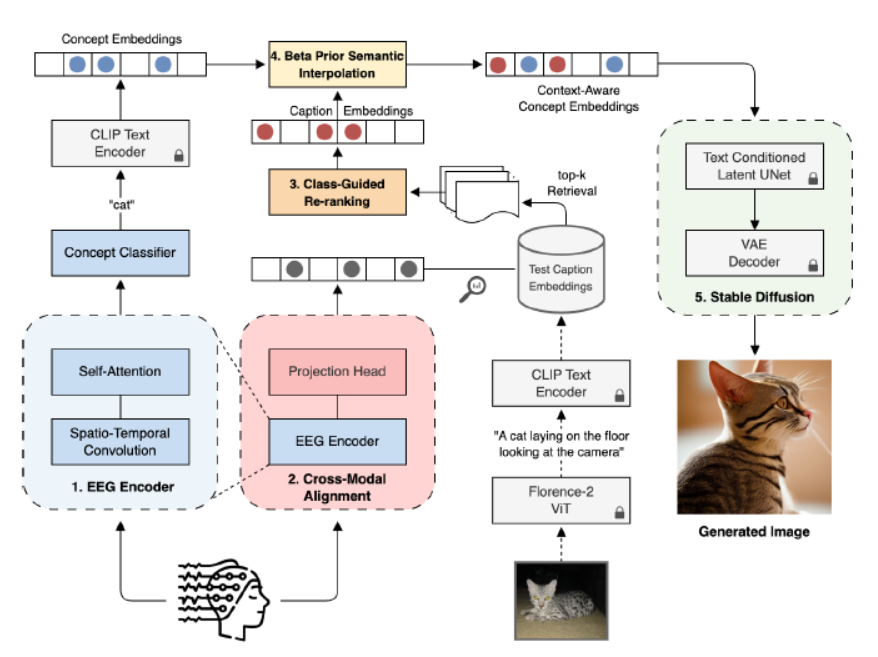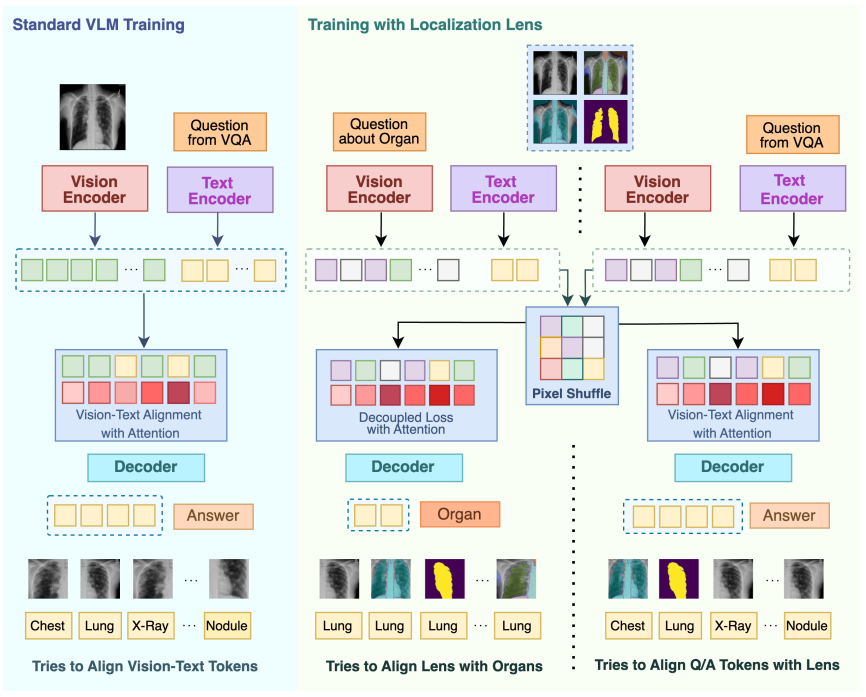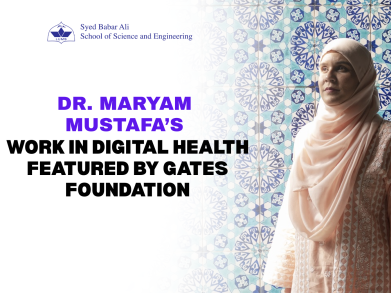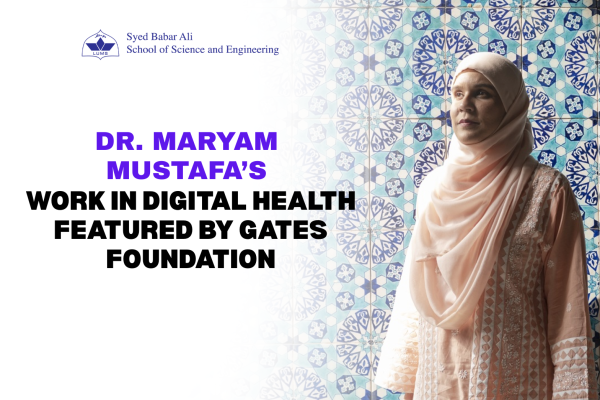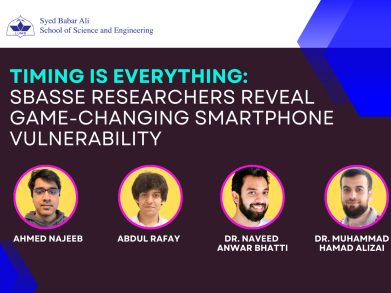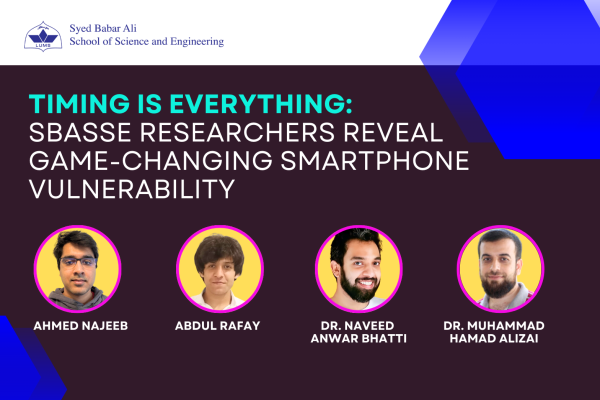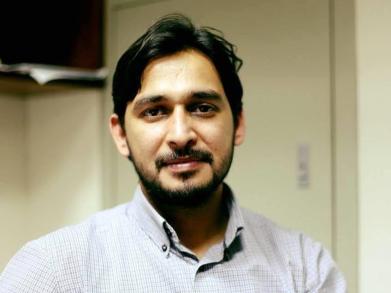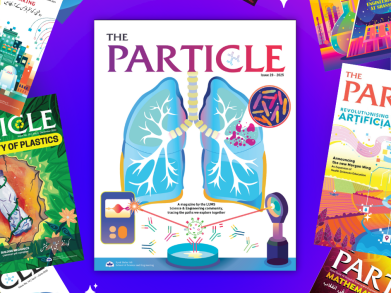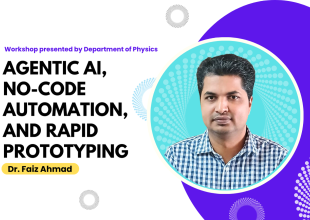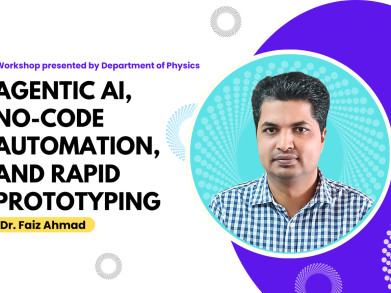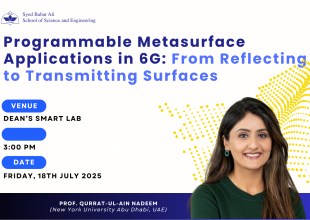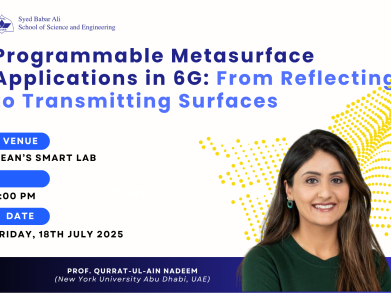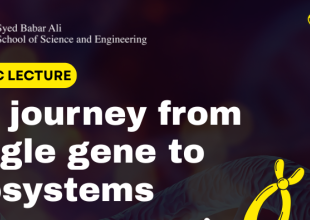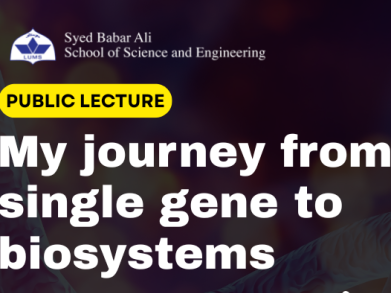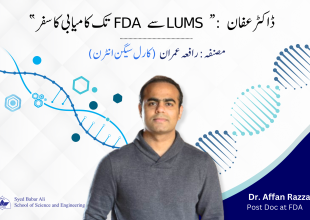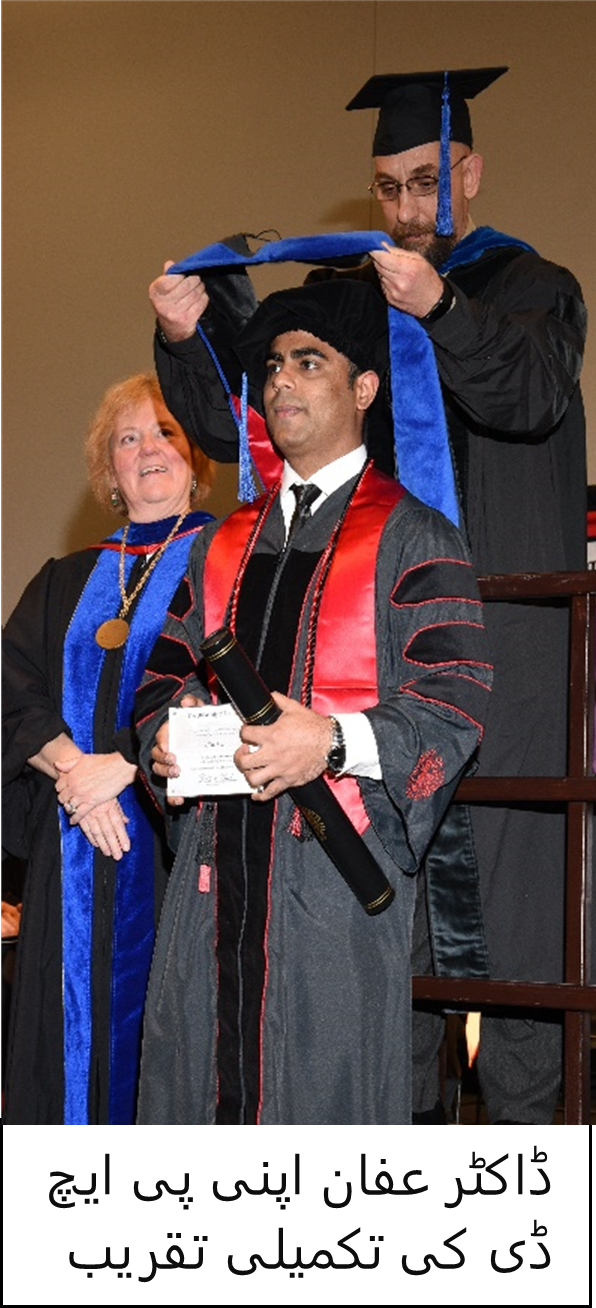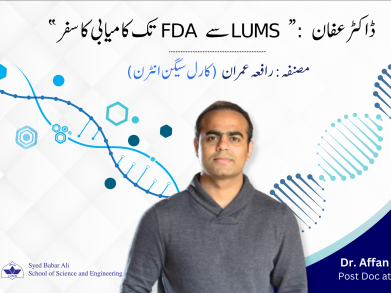
What began as a casual conversation among friends quickly turned into an unexpected national win. The idea of participating in the mathematics competition emerged on the very same day as their first undergraduate Math Circle. Upon learning about the event, Syed Ibrahim Hasan discussed it with his peers, Saif ur Rahman and Wasay Muhammad Jehangiri, recognising that their combined strengths covered a substantial portion of the competition syllabus. As first year students, the team did not initially expect a podium finish; instead, they viewed the competition as valuable exposure and preparation for future contests.
That mindset, however, soon changed.
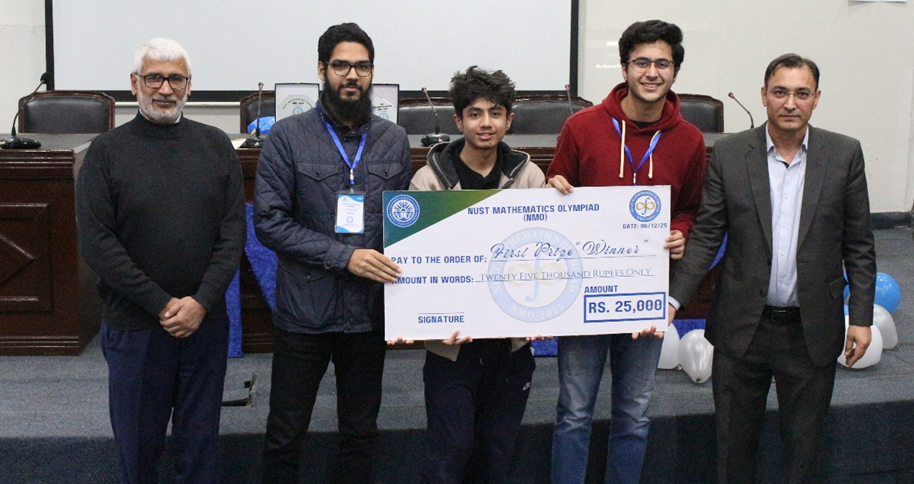
The Competition Journey
Following their Calculus I grand quiz on Friday, the team travelled overnight to Islamabad, arriving a few hours past midnight. The competition featured 58 teams from across the country, with participants ranging from freshmen to senior-year students. Notably, they were the only team representing LUMS.
Round One: Multiple-Choice Questions
The first round tested a broad range of topics, including Calculus, Linear Algebra, and Discrete Mathematics, much of which extended beyond the team’s formal coursework. Having completed only their first calculus course at LUMS, the team adopted a collaborative and fast-paced strategy, dividing questions based on individual strengths and tackling problems efficiently.
Their preparation paid off. Supported by independent study and the strong foundation provided through Calculus I, taught by Dr. Waqas Ali Azhar, the team secured 2nd place overall, advancing to the next round alongside 20 other teams. The only team ahead of them was from NUST, comprising sophomore mathematics majors with prior competition experience.
A brief lunch break followed, offering an opportunity to engage with fellow participants and members of the organising committee.
Round Two: Proof-Based Questions
The second round shifted focus to rigorous, proof-based problems, with only the top five teams progressing further. The team divided tasks strategically: Saif and Wasay concentrated on familiar topics, while Ibrahim explored unfamiliar areas, documenting every possible line of reasoning.
Although one calculus problem could not be completed with full rigour, the team presented substantial progress and reasoning. During the break that followed, they engaged in a thoughtful discussion with a faculty member from NUST.
When the results were announced, the LUMS team learned that they had matched NUST’s score, remaining firmly ahead of most competitors, with only one team narrowly outperforming them.
The Final Buzzer Round
The final buzzer round brought the most intensity. While the LUMS team answered only six of the 24 questions, their accuracy proved decisive registering just one incorrect response. In contrast, the NUST team attempted many more questions but accumulated penalties due to incorrect answers.
As the round progressed, momentum quietly shifted. By the final moments, the outcome was clear.
The LUMS freshmen team secured first place.

A Memorable Win
The team was awarded a shield and a cash prize of PKR 25,000, marking a remarkable achievement. Especially for a team competing in its first year and first major contest. Reflecting on the experience, the students emphasised not just the win, but the learning, collaboration, and confidence gained along the way.

